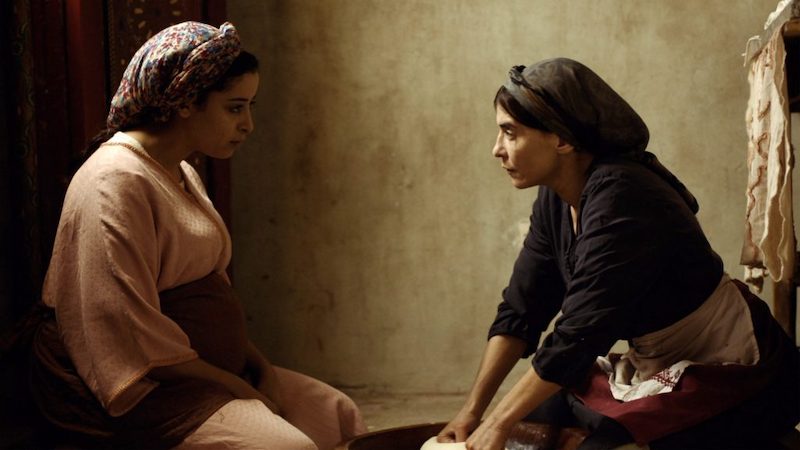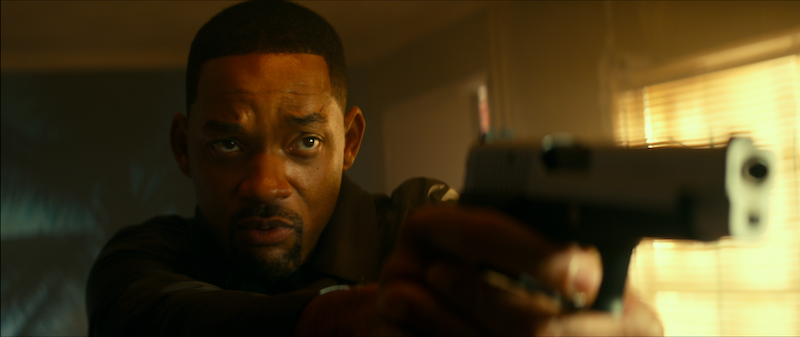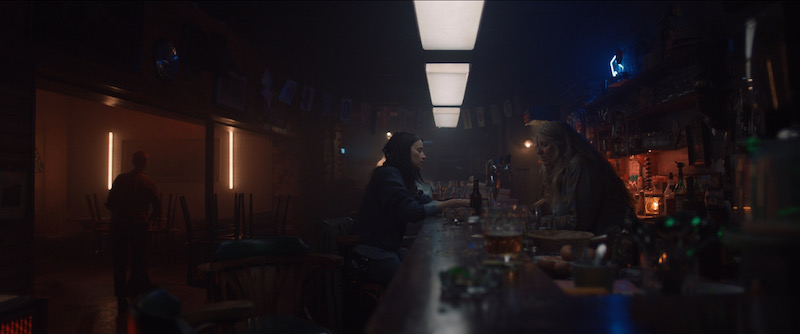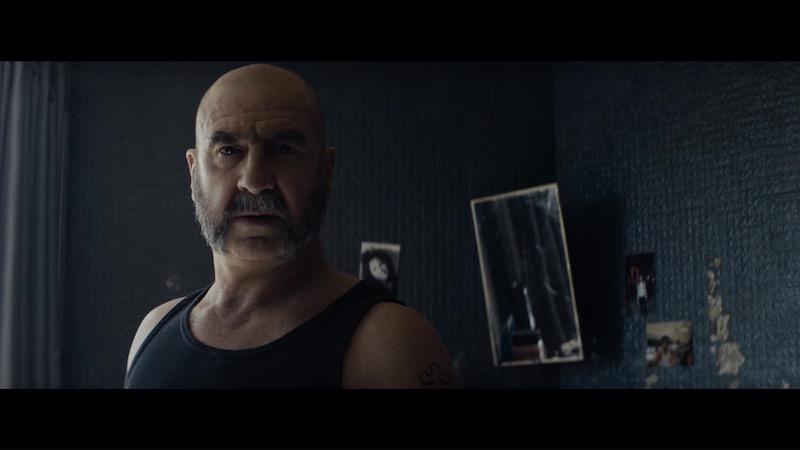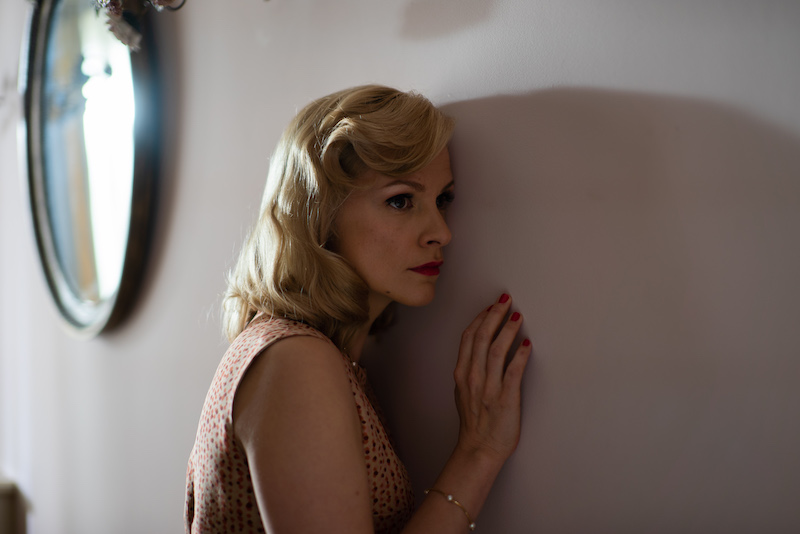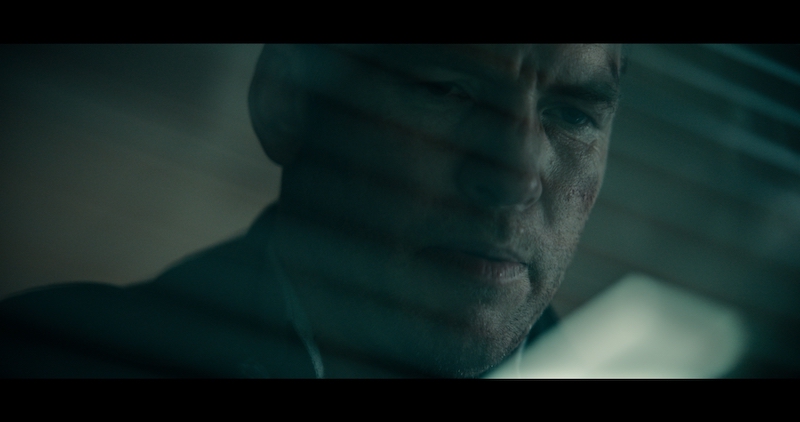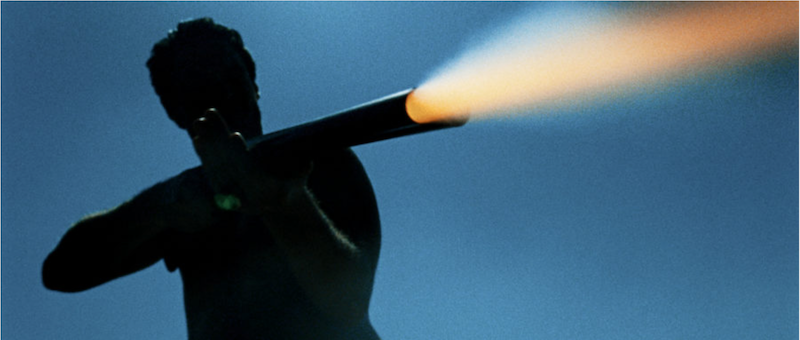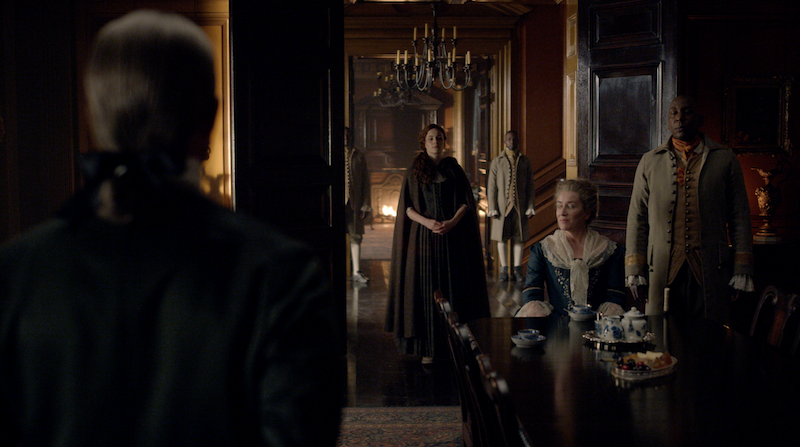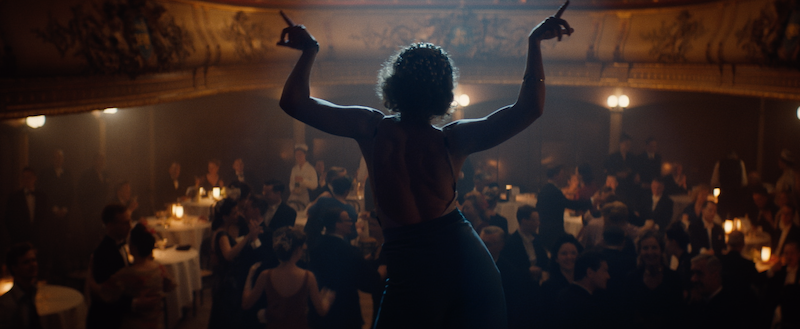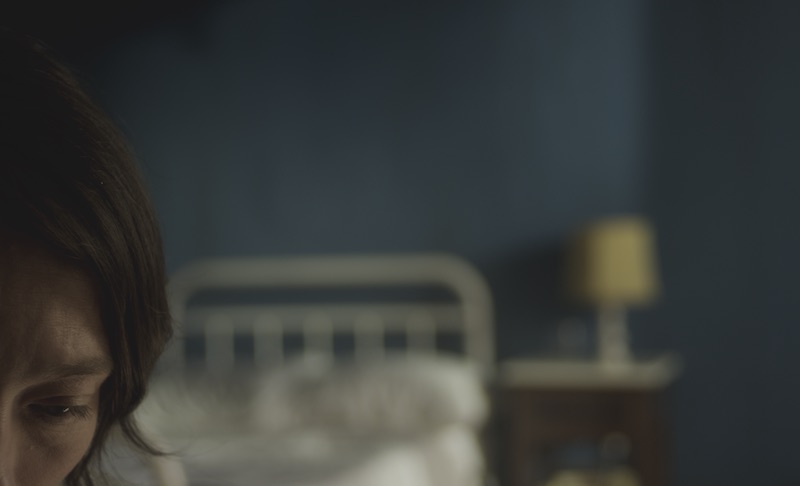The Belgitude in cinematography, SBC members on their style of working.
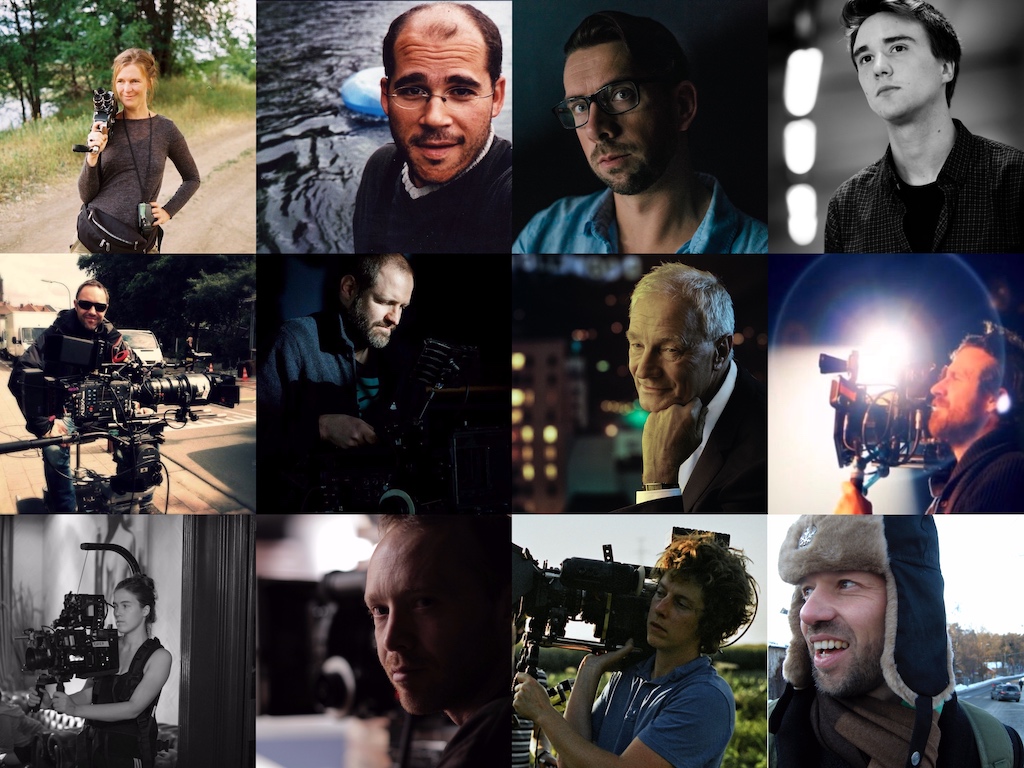
Industry has opened doors for Belgian cinematographers on the world stage, and an increasing number are now filming international movies and TV series. But what sparks this growing interest in Belgian talent, and do they bring a distinctly Belgian flavour? We asked members of the Belgian Society of Cinematographers (SBC) to give an insight on what is like working abroad and their style of working.
Since its humble beginnings the SBC has grown into an organisation with 89 members; among them winners and nominees of awards such as the ASC spotlight, Camerimage and the César. Over the past 27 years the cinematographic landscape has changed a lot, and the last few years have seen a growing interest from abroad in Belgian productions. This hasn’t gone unnoticed.
“You often pretty much know what you’re going to get from a Scandinavian, or French, or Italian show. But there is something about the Belgians that means a TV-series is never entirely straight” –
Walter Inzullino – international TV expert at Walter Presents, as quoted in The Guardian
As a result international film productions have discovered Belgian cinematographers and now actively seek them out to film their movies and tv shows.
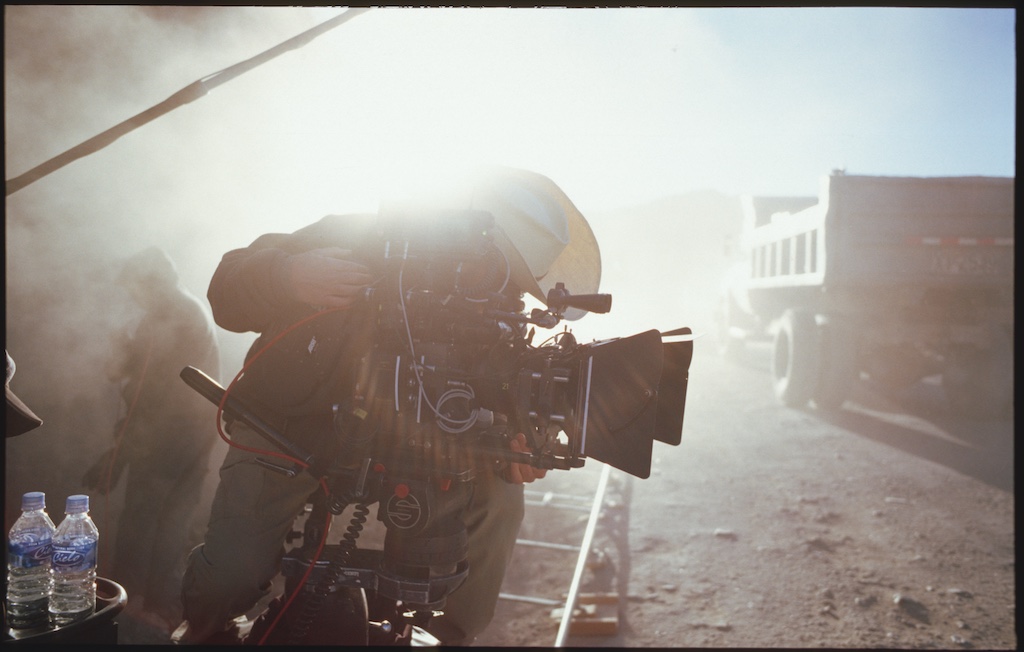
SO WHAT MAKES BELGIAN CINEMATOGRAPHERS SO ATTRACTIVE ?
Kees Van Oostrum – SBC/ president of the ASC
“Every culture brings its style to visual art. Rubens represents an interpretation of the middle ages, just as Magritte challenges our perception of reality. If you look at the Belgium cinematographers through the years like: Gislain Cloquette (Tess), Willy Kurant (Masqulin Feminin), Willy Stassen(Antonia), Nicolas Karakatsanis (Rundskop), Benoit Debie (Irreversible), Alain Marcoen ( Rosetta), Ruben Impens (Belgica), Robrecht Heyvaert (Black), they, and many others clearly represent the culture and times of Belgium. Their styles vary from the baroque to a sometimes harsh realism. That culture of Belgium cinema is attractive to an outsider, a foreigner, as it supports visual storytelling differently. They are rooted in a culture that will always have a unique quality. It is that exceptional quality that attracts creative people. It is simply exciting to see lyrical cinematography. In a new world market of film production, cinematographers find themselves working all over the world, and with the more international approach to production, they seem to get more respect for their contributions. Our sensibilities encourage people to look at other places than just at home. The Belgian industry has also been stimulating local production, providing an infrastructure that is mirrored from a worldly standard, so it does not surprise me that more and more Belgian cinematographers are engaged outside of Belgium.”
Ruben Impens – SBC (Beautiful boy, The broken circle breakdown)
“There is no denying that there is an interest in Belgian cinematographers at the moment, there is definitely something happening. I often get the question why that is. I don’t think it is because of our training, I hardly went to school myself. But we had the benefit that a lot of productions got made the last 10 years, a result of the various film funds, so I would say that practice make perfect and this has been key to the current success.”
Manu Dacosse – SBC (The Strange Color of Your Body’s Tears, Amer):
“Cinematography is such a universal language which makes it possible for Belgian cinematographers and directors to be hot at the moment. But this should not be a surprise I think, it is because our productions provide a certain amount of freedom, which permits cinematographers to be expressive. The Flemish are very much influenced by English spoken cinema where as the Walloons by the French. At the moment there is a rise of Flemish tv series, a relative new industry, so it allows for experimentation. Also I think that our film schools are of good quality and allow students to grow in tandem with a director and try out new ways of filming. That’s how I got started anyway. And as for the work ethic, we come from a small country so that makes us generally quite humble. Even if some of us aren’t.”
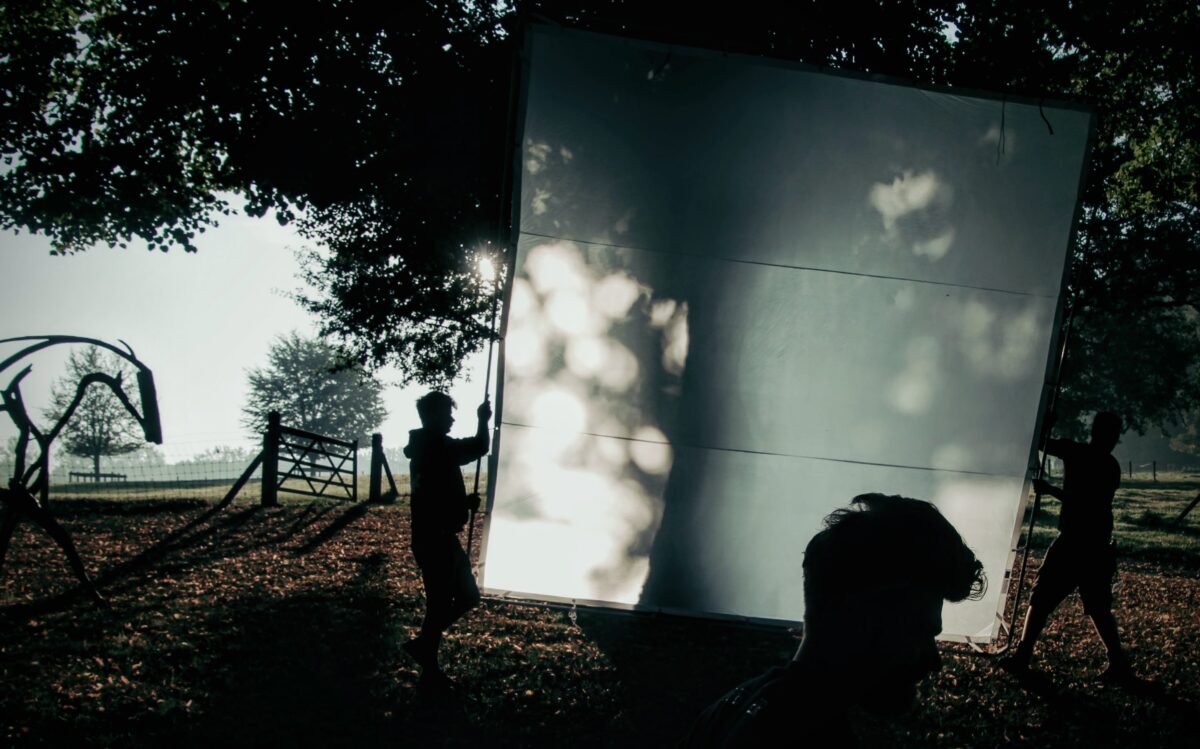
A STYLE
Juliette Van Dormael – SBC (Angel, A Sister)
“If I look at the cinematographers that have inspired me, like Benoit Debie, Christophe Beaucarne, Ruben Impens and so many more, what I like about their work is that they don’t hold back. Belgian cinematographers often dare to do strange things visually. And even more so that they do this across different genres. But to say that this makes for a particular Belgian style, no I don’t think so.”
Christophe Nuyens – SBC (Black spot, Baghdad central):
“Is there something like a Belgian style? That is a hard question. Even amongst our work there are so many different styles that filmmakers use for their projects. If I look at the work of my colleagues I would say that a lot is shot in a naturalistic style, often quite dark…somewhat reminiscent of the old masters in painting. A huge advantage of Belgium is that it’s a small country located in hearth of Europe. It has a melting pot of cultures and languages that I find to be very creatively inspiring.”
Ruben Impens – SBC
“I don’t think there is a way to pinpoint what is a Belgian style, but one thing is clear we are less conventional in our approach, less classical than let’s say mainstream American cinema. There is less control from producers or studios, which allows us to try out stuff on set, do deviate from the path.”
Tommaso Fiorilli – SBC-AFC (The insult, The attack):
“Belgian films cultivate some sort of self-mockery, a taste for absurd situations as well as a sort of rough neorealism. Of course, cinematography as a tool to express those feelings and ideas will adapt accordingly.”
Robrecht Heyvaert – SBC (Bad boys for life, Black):
“When I hear foreigners, mostly American, describe how they view Belgian cinema, I notice that we have a reputation for make dark thrillers and drama, shot in a rough way, drained from colour and on the edge of darkness. When I look at what is being made in Belgium I see a much wider variety of work and visuals than that.”
Anton Mertens – SBC (War of the worlds, The spy):
“Cinematography is by its nature of being a multi facet visual art form subject to influences, whether it’s where your origins lie geographically or by what one has seen in terms of artworks be it films or other forms, subconsciously or consciously these influences find their way into your work at one point.
But what might differ from other filmmakers is how you execute the work, as this is greatly influenced by the industry one comes from. If it’s is from a lower budget industry or high budget filmmaking. The impact this has might very well translate in the visuals created and how an audience reads them. And this might be very appealing to directors or producers looking for something different.”
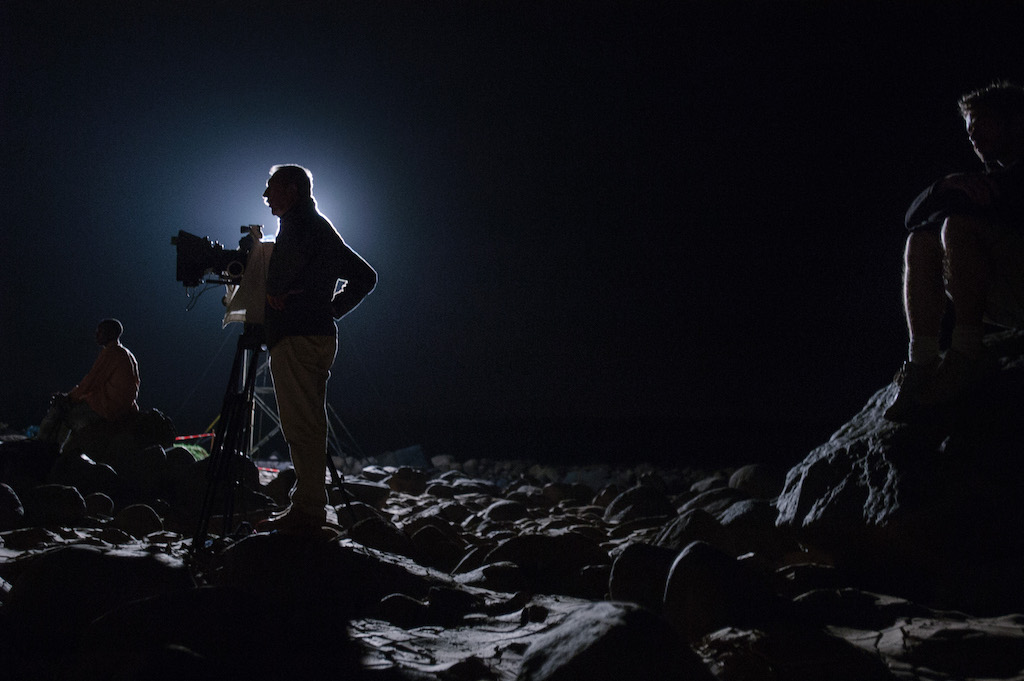
WORK ETHIC
Bjorn Charpentier – SBC (Beirut, Fractured):
“We are used to being very efficient, most Belgian cinematographers operate as well, mostly driven by financial limitations. It makes that we have a problem-solving mindset, we don’t always need lots of recourses to make something beautiful. Often our desires are bigger than our pockets are deep, so that leaves us having to solve things creatively. And we got very good at it. It is my experience that actors are very grateful for my way of working, the short time needed to do a new set up helps their performance as they can stay in character longer. The directors I have worked with in the US like my ‘can do’ attitude, there’s always a way to solve something and create their vision.”
Robrecht Heyvaert – SBC
“On many of my foreign productions like Bad Boys for life and Snowfall, I have been made aware by producers and directors that I have a sensible and responsible way of dealing with the budget. They feel that it puts more value on the screen. Also the speed at what this is happing pleases them, a direct result of how I learned to make films in Belgium. Other department heads like the inclusive way of working.”
Juliette Van Dormael – SBC
“I have an agent in the US, who also represents several other Belgian cinematographers, so for such a small country I would say there’s lots of talent out there. Personally I haven’t worked a lot abroad. I did one short in New York, and I don’t think it was because I am Belgian, but more because I had won an award at Camerimage for Angel. In general I would say that foreign productions like the diversity of what have to offer and the way we do things in an unorthodox approach.”
Christophe Nuyens – SBC
“I notice that there is a lot of interest in Belgian cinematographers at the moment, and I have been made aware that they like our style and way of working. But as to say that we are somehow special or different I would not dare to express. It might be more like a trend at the moment, the way we do things, but this doesn’t mean that it is any better than any other style of work.”
Tommaso Fiorilli – SBC-AFC
“Every country has its own way of working. The important thing for me is to adapt to it without losing your own specificity. As a general idea crews tend to be more hierarchical. In Italy for example the position of a cinematographer is very respected, like some sort of a star status. Belgian crews tend to be more informal and down to earth. Sometimes I notice that people can be surprised that I am very straightforward and encourage people to do the same.”
Virginie Surdej – SBC (Insyriated, By the name of Tania):
“I often hear people from abroad comment on my Belgian colleagues: “ he/she has such a great vision and is also a nice person” or “ so talented and humble at the same time” etc… I do think that the manner in which one behaves plays a vital role as well. One may be a very skilled person but without being able to connect with the director, production or crew the visuals won’t reach a level that they otherwise could do.”
Hichame Alaouie – SBC ( Horses of god, Duelles):
“It might be a bit of a cliché, and in reality,t varies from person to person, but taking ourselves less serious might be it. On set we all tend to work towards the same goal as a team.”

BUDGET
Anton Mertens – SBC
“I often get praise from the crew or even actors for shooting and lighting scenes in a simpler way than what they’re used to, while still being quite bold in how it looks. I came to realise that the lack of budget had led me to search for a way to create expressive visuals with limited means, and that knowledge served me well on bigger budget jobs, where the days that time and money were unlimited have long gone as well, and film crews have to learn to adapt to a new reality.”
Manu Dacosse – SBC
“Yes of course, the financial limitations of our productions have an influence on us. Tax rebates for example have led us to be able to shoot many foreign films in recent years, thus giving us the opportunity to grow and learn as filmmakers.”
Hichame Alaouie – SBC
“I think in general when one doesn’t have the resources one becomes more inventive. One tries to imitate what big duet productions do, but with less budget. Added to that we come from a place with lots of influences from different cultures through immigration, which opens us up to different ways of thinking and styles. It all starts in the film schools, where one learns to be self reliant with limited means, to do thing in a DIY way, which shapes you and helps you cope once you get work on lower budget films. I think that this will become even more importent in the near future as there is less and less funds available to make films.”
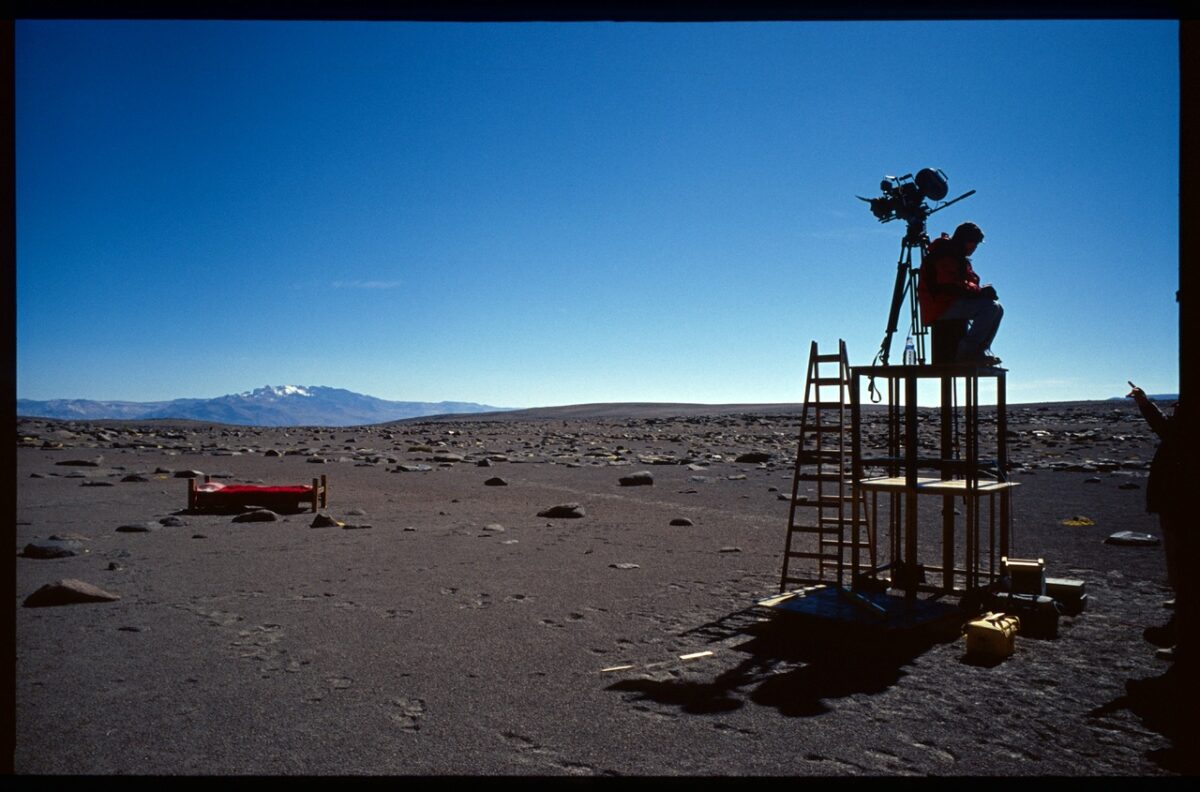
INFLUENCES
Stijn Van der Veken – SBC/ASC (Outlander, Four weddings and a funeral)
“Our approach might be initially slightly different but it never becomes an issue as both UK crew and myself always find a way to merge both worlds. The blend of different nationalities surely lifts the final result to a higher level I believe. After many years of working in the UK as a DP now I made so many friends in the industry and learned to speak proper English as well. Some UK crew might speak better French or Flemish by now as well. Shooting in the UK is like flying Business Class…”
Christophe Nuyens – SBC
I have been very fortunate to be able to have worked in different countries with local crews. Every country has its own way to approach the work. I can’t say that there is one specific way that is better than the other, rather a combination of different approaches seems to work the best to me. The most agreeable shoots for me have been the ones where I had a crew of mixed nationalities. The added advantage of this has been the opportunity to learn from the different crews.
Bjorn Charpentier – SBC
“I mostly learned to be not afraid to stand up for what I need and to dare to go bigger. Not everything can be shot quick and dirty. Sometimes there are certain expectations for the look of project, of which I sometimes think we can do it on the cheap, but this has certain consequences and sometimes those consequences are not desired. So those expectations end up costing money and time to achieve, and you have to learn to defend those choices with the producers. And in most cases they will agree.”
Robrecht Heyvaert – SBC
“A decent prep time, as far as I have experienced it in Belgium is a hard thing to get. There doesn’t seem to be a need for all departments to prep at the same time out of a lack of sufficient funds to be able to have people be paid for their time. But if you get the opportunity to prep with all departments like art department, grip and electric, SFX …one gets results that otherwise would not be possible to achieve. Or for example by using stand-ins on set to light and block a scene one can improve the speed and quality tremendously. Those are things I’ll be insisting on when I do a Belgian project again.”
Tommaso Fiorilli – SBC-AFC
“My very first production straight out of film school was an American show, I was part of a highly hierarchical crew, organised, precise, direct and procedural. I immediately learned the hard way that this was not the way I wanted to work. I did not appreciate the fact that I was not allowed to talk to anyone else then my direct superior. In France, I discovered that the industry was much more segmented than in Belgium. It’s a bit like there are castes on a set. When you work you are more in the service of someone than a project, whereas in Belgium it is the opposite you are in the service of the project before being in the service of a director. There’s less of a star system.”
Ruben Impens – SBC
“Compared to large scale productions we are used to working small and nimble, with a certain simplicity. Often less is more. Doing great stuff with limited means, while still daring to take risks. I think that is what maybe you could consider as being a Belgitude.”
written by Leslie Charreau, Louis Van De Leest (Mediarte.be) and Anton Mertens sbc.
Pics by Didier Frateur (SBC) & Lou Berghmans (SBC)
